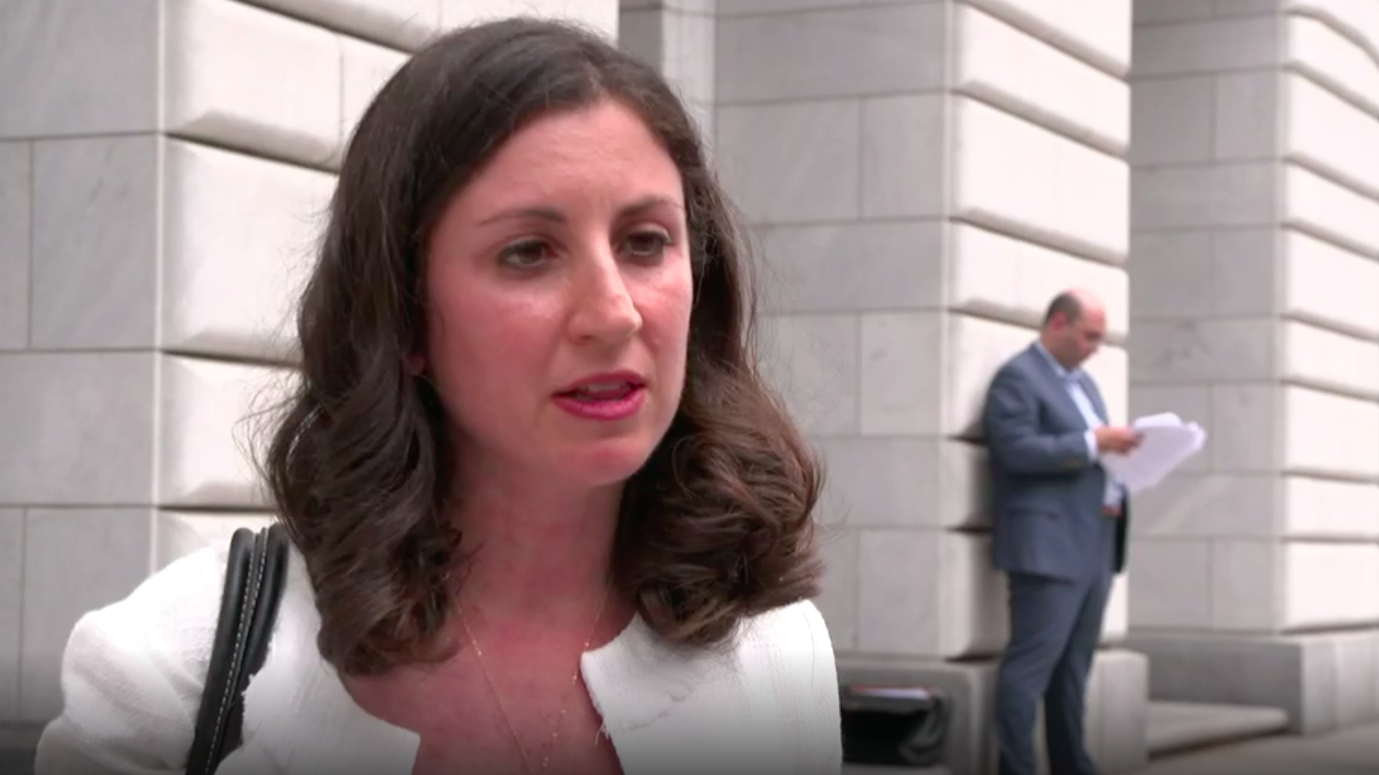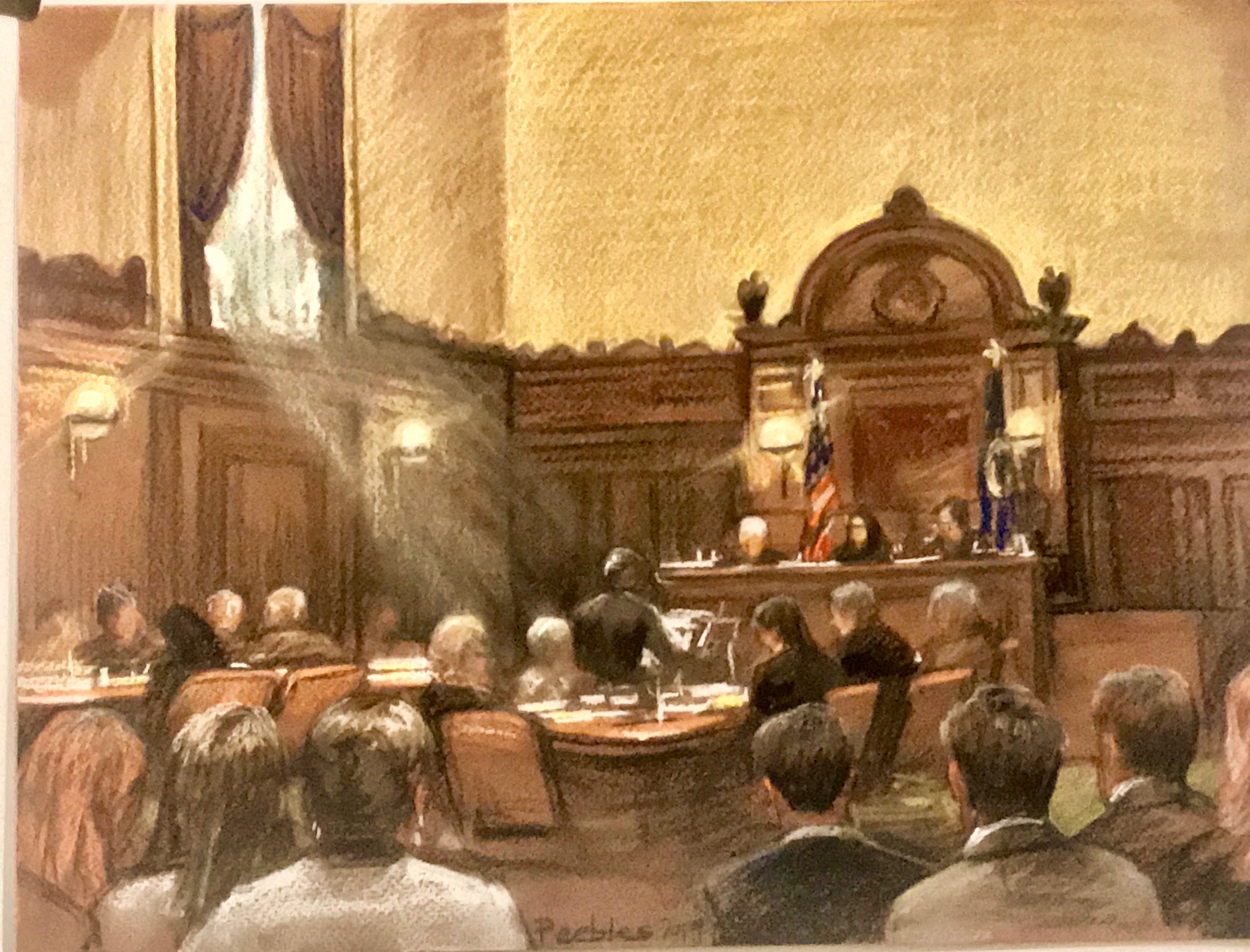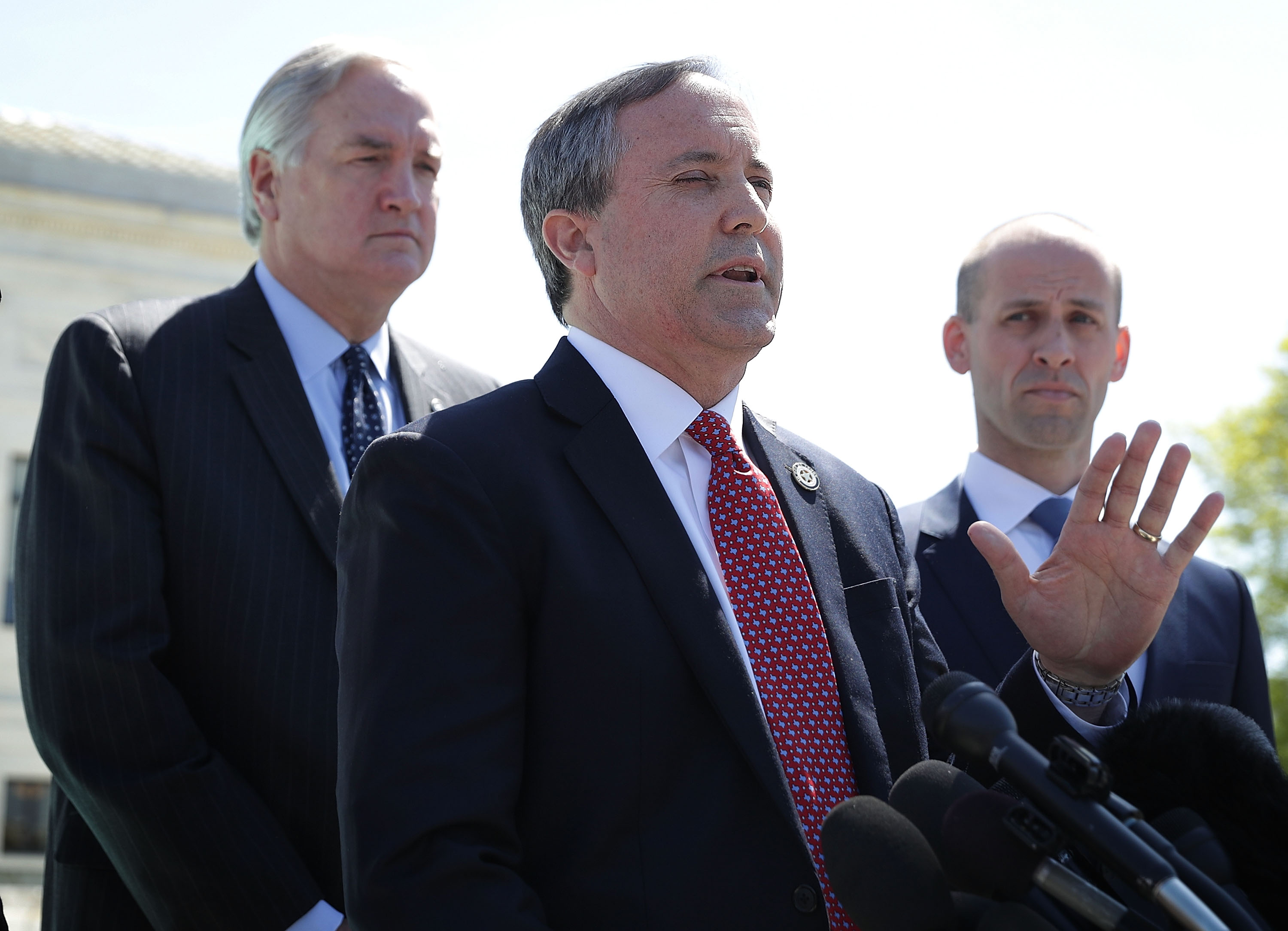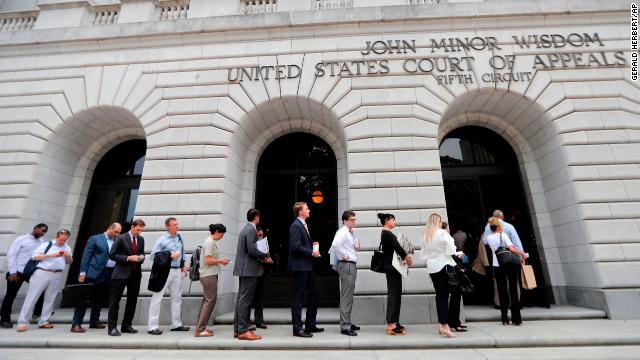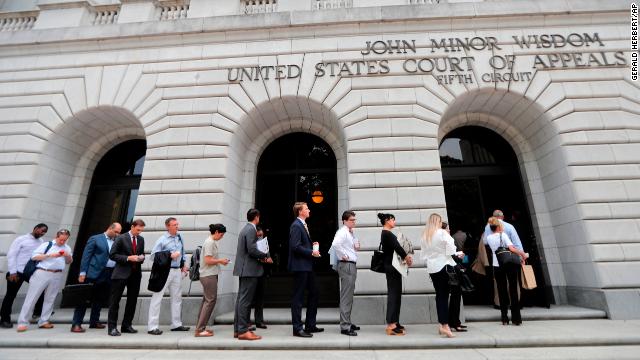
An appeals court in New Orleans heard a case this afternoon that would strike down the Affordable Care Act, also known as Obamacare.
Our live coverage is wrapping up, but here's what you need to know about the hearing — and what happens next.
- The big takeaway: During the hearing, two Republican-appointed judges on the appeals panel today suggested that they might side with a lower court judge who said last year that the whole Obamacare law should be struck down.
- About the judges: It's a panel of three judges — two Republican-appointed and one Democrat-appointed — meaning two of the judges will control the ruling.
- The two sides: Lawyers from the Trump administration and a group of Republican states squared off against attorneys from a coalition of Democratic states and the House of Representatives.
- This is the appeal of a case out of Texas: Last year, US District Court Judge Reed O'Connor sided with a group of Republican-led states that sought to declare the ACA unconstitutional
- So what happens next? The judges did not issue a ruling, so a decision is still pending. It's important to note that while the Texas judge's decision last year struck down Obamacare, that ruling was put on hold pending the appeal — so the ACA is still in place.
